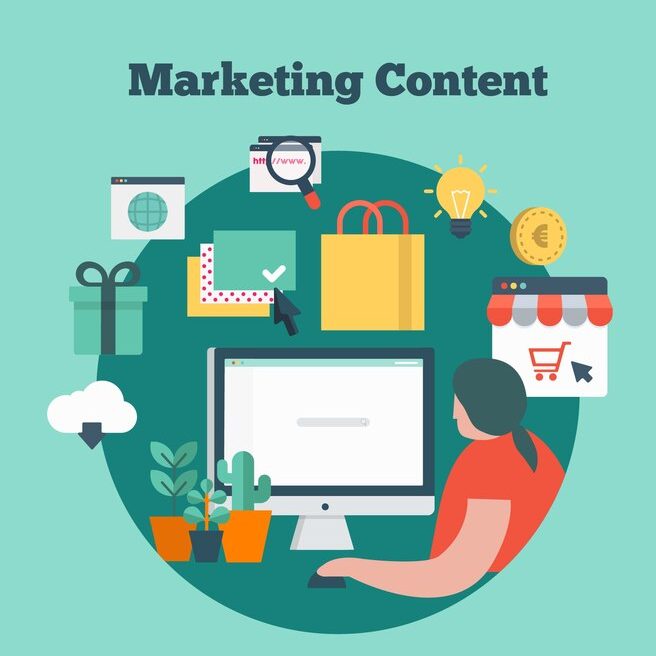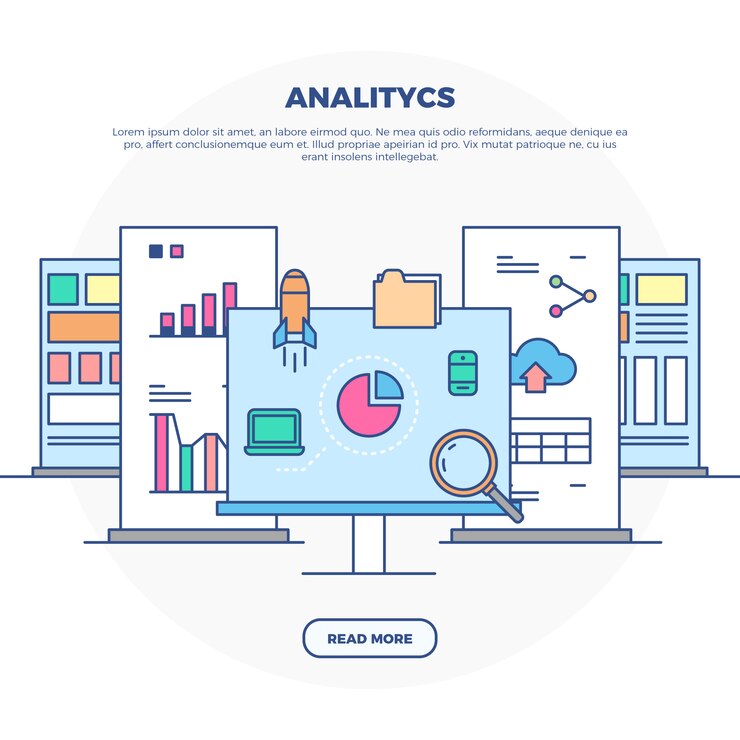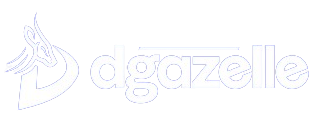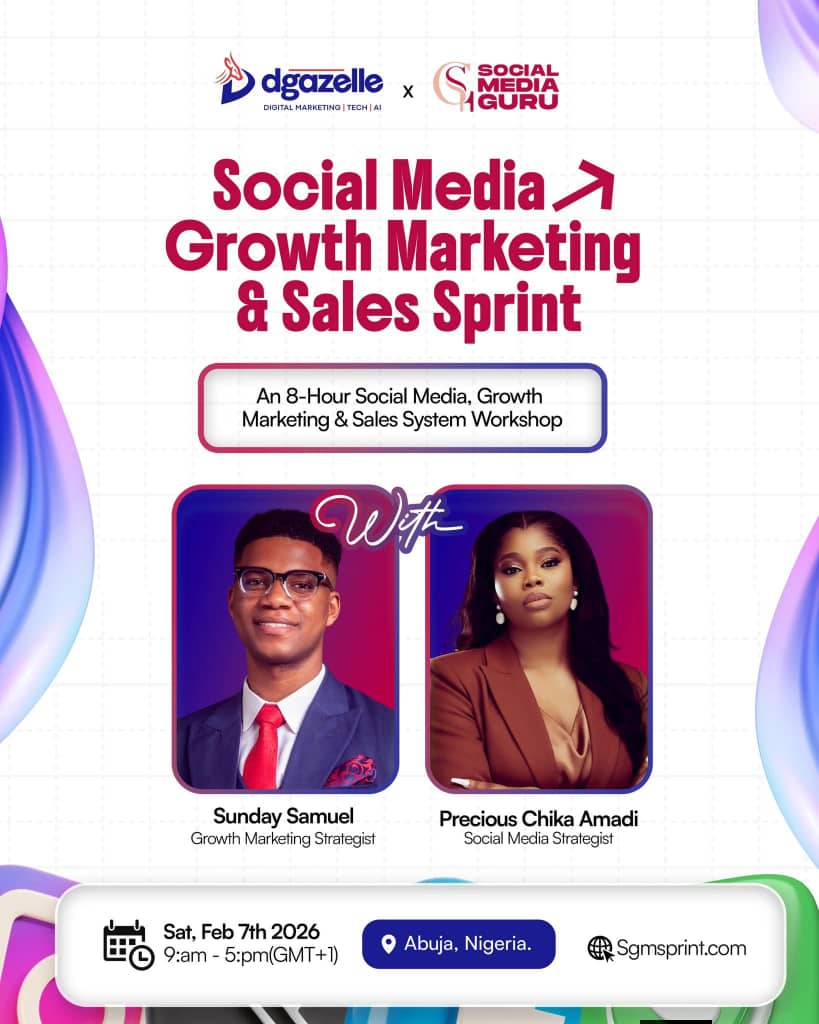Introduction
Brand awareness is like seasoning – you can never have too much! In this digital age, where attention spans are shorter than a goldfish’s memory, it’s crucial to make sure your brand is everywhere your audience looks. Thankfully, there are some nifty tools in the digital marketing arsenal that can help turn your brand into a household name and in this guide, we’ll delve into several of these practical tools that can elevate your brand’s visibility and recognition in the digital sphere.
Understanding the Importance of Brand Awareness
Brand awareness is like the cool kid in school – everyone wants a piece of it. It establishes credibility, and recognition that can set you apart from the competition. Brand awareness is more than just recognition; it’s about fostering familiarity and trust with your target audience. When consumers are aware of your brand, they are more likely to consider and choose your products or services over competitors.
Overview of Digital Marketing Tools for Brand Awareness
In the digital age, a myriad of tools are available to amplify brand awareness. Think of these tools as your brand’s sidekicks, helping you fight the evil forces of anonymity and indifference. From social media platforms to analytics and influencer marketing, each tool plays a crucial role in enhancing your brand’s online presence and capturing the hearts (and wallets) of your audience.
How Digital Marketing Tools Can Help Grow Your Brand
Digital marketing tools offer efficiency and precision in reaching your target audience. They enable you to tailor your messaging, analyze performance, and make data-driven decisions to continuously improve your brand’s visibility.
Social Media Tools
Social media is the playground where brands go to be seen, heard, and liked. Let’s take a closer look at how you can leverage social media tools to boost your brand awareness.

Leveraging Social Media Platforms for Brand Awareness
Social media platforms such as Facebook, Instagram, Twitter, and LinkedIn provide invaluable channels to connect with your audience. Utilize these platforms to share compelling content, engage with followers, and showcase your brand’s personality.
Implementing Social Listening Tools for Audience Insights
Social listening tools like Brandwatch and Mention allow you to monitor conversations about your brand across social media and the web. By understanding audience sentiments and preferences, you can tailor your messaging to resonate with your target market.
Using Social Media Scheduling Tools for Consistent Engagement
Tools like Buffer and Hootsuite simplify the process of scheduling and publishing social media posts. Consistency is key in maintaining brand visibility, and these tools enable you to plan and execute your social media strategy efficiently.
Email Marketing Tools
Who says email is dead? With the right email marketing tools, you can breathe new life into your brand’s communication strategy.

Creating Engaging Email Campaigns to Increase Brand Visibility
Email marketing remains a powerful tool Crafting emails that make your audience say, “Wow, I didn’t know I needed this until now!”. Platforms like Mailchimp and Constant Contact offer user-friendly interfaces to design visually appealing email campaigns.
Utilizing Email Automation Platforms for Personalized Customer Experience
Automate the mundane tasks and focus on what truly matters – creating meaningful connections with your audience. Automation platforms such as Klaviyo and Drip enable you to deliver personalized messages based on user behavior and preferences. By sending targeted and relevant content, you can enhance brand engagement and loyalty.
Analyzing Email Performance with Data Analytics Tools
Numbers don’t lie – analyze your email campaigns to see what’s working and what’s not, then tweak like a mad scientist.
Tools like Google Analytics and Email Analytics provide valuable insights into your email campaign performance. Monitor open rates, click-through rates, and conversions to refine your email strategy and optimize brand visibility.
Content Marketing Tools
Content is king, but it needs the right tools to wear the crown. Let’s explore how content marketing tools can elevate your brand’s storytelling game.

Developing Compelling Content to Connect with Your Audience
Content marketing tools like HubSpot and SEMrush help you create and optimize content that resonates with your audience. From blog posts to videos, compelling content boosts brand visibility and establishes thought leadership.
Employing SEO Tools for Improved Search Visibility
Because if your content is a tree falling in the forest, you want Google to hear it. SEO tools such as Moz and Ahrefs assist in optimizing your content for search engines. By targeting relevant keywords and improving your website’s ranking, you increase the chances of being discovered by users seeking your products or services.
Curating User-Generated Content for Brand Advocacy
User-generated content is like free advertising. Encourage user-generated content through tools like Yotpo and TINT. User-generated content not only builds brand advocacy but also serves as authentic social proof, enhancing brand credibility and visibility.
Influencer Marketing Tools
Influencers are the cool kids on social media, and with the right tools, you can join their exclusive club.
Identifying and Collaborating with Relevant Influencers
Working with influencers is like having the popular kid endorse your brand – instant credibility boost! Influencer marketing platforms like Influencity and AspireIQ help you find influencers aligned with your brand values and target audience. Partnering with influencers amplifies your reach and exposes your brand to new audiences.
Tracking Influencer Campaign Performance with Analytics Tools
Numbers never lie, track your influencer campaigns to see the ROI and adjust your strategy accordingly. Analytics tools provided by influencer platforms and Google Analytics allow you to measure the impact of influencer campaigns. Track metrics such as engagement, website traffic, and conversions to gauge the effectiveness of your partnerships.
Measuring ROI of Influencer Marketing Efforts
You know what they say – show me the money! Make sure your influencer partnerships are paying off in more than just likes and comments. Tools like Upfluence and Julius provide insights into the ROI of your influencer campaigns. Calculate metrics such as cost per engagement and customer acquisition to assess the efficiency of your investment in influencer marketing.
Analytics Tools
https://managementstudyguide.com/why-data-is-the-new-holy-grail-for-marketers.htmData is the holy grail of digital marketing, and with the right analytics tools, you can uncover hidden treasures about your brand’s performance.

Image Source: Freepik
Monitoring Brand Mentions and Sentiment with Social Monitoring Tools
Knowing what people are saying about your brand is like having a crystal ball. Tools such as Brandwatch and Talkwalker enable you to monitor brand mentions and sentiment across social media and online platforms. Stay informed about conversations surrounding your brand and respond promptly to maintain a positive brand image.
Analyzing Website Traffic and User Behavior with Google Analytics
Google knows all, and with Google Analytics, you can discover insights about your website traffic. Google Analytics remains a fundamental tool for tracking website performance. Analyze traffic sources, user behavior, and conversions to optimize your website for increased brand visibility and engagement.
Measuring Social Media Engagement and Reach with Analytics Platforms
Numbers don’t have to be boring, use social media platforms like Sprout Social and Socialbakers to see which social media strategies are hitting the mark and which need a little extra oomph. Track metrics such as engagement rates, reach, and follower growth to refine your social media strategy for maximum brand visibility.
Paid Advertising Tools
Sometimes you have to pay to play, and with paid advertising tools, you can get your brand in front of the right audience at the right time.

Image Source: Freepix
Targeting Specific Audiences with Paid Social Media Ads
Platforms such as Facebook Ads Manager and LinkedIn Ads enable precise targeting based on demographics, interests, and behaviors. Paid social media ads help you reach potential customers with tailored messages, increasing brand awareness.
Implementing PPC Campaigns for Immediate Brand Exposure
PPC (Pay-Per-Click) is like the espresso shot of digital marketing – quick, effective, and gets your brand noticed in a crowded marketplace. PPC advertising on platforms like Google Ads and Bing Ads ensures immediate brand exposure to users actively searching for your products or services. Bid on relevant keywords to appear at the top of search engine results pages.
Retargeting Strategies to Increase Brand Recall and Conversion Rates
It’s not creepy, it’s strategic! Retargeting helps keep your brand top of mind without being a digital stalker. Retargeting tools like AdRoll and Perfect Audience allow you to re-engage users who have previously visited your website. By serving targeted ads to these users across various platforms, you reinforce brand awareness and encourage conversions.
Conclusion
In summary, the digital marketing landscape offers a wealth of tools to boost brand awareness and visibility. From social media and email marketing to content creation and influencer partnerships, each tool serves a vital role in expanding your brand’s reach.
Consistent monitoring of performance metrics is essential to refining your digital marketing strategy. Regularly analyze data, experiment with different tools and tactics, and optimize your approach based on insights gathered.
In today’s competitive digital environment, taking action is crucial to stand out amidst the noise. By leveraging the practical tools outlined in this guide, you can enhance your brand’s online presence, connect with your target audience, and ultimately drive brand awareness to new heights.
.
For the latest updates, subscribe and be the first to know when new posts are live..
[mailerlite_form form_id=2]








